药物警戒
美国FDA增加黑框警告警示肿瘤坏死因子α(TNFα) 阻滞剂的军团杆菌和李斯特菌感染的风险
2011年9月7日,美国食品药品管理局(FDA)发布信息,通知医疗专业人员所有肿瘤坏死因子α(TNFα)阻滞剂类药物的黑框警告已经更新,以警告服用此类药物的患者发生严重的、有潜在致死风险的军团杆菌和李斯特菌感染的风险。此外,所有TNFα阻滞剂类药品说明书的黑框警告与警告和注意栏也均已修订,使它们包含严重感染风险和与之相关的致病病原体的一致信息。
TNFα阻滞剂类药物是生物制剂,用于治疗克罗恩病、溃疡性结肠炎、类风湿关节炎、强直性脊柱炎、银屑病关节炎、牛皮癣、和/或幼年特发性关节炎。TNFα是免疫抑制剂,因此其服用者发生严重感染的风险增加。
严重的、甚至致命的感染是TNFα阻滞剂的已知风险。这些感染可能涉及各个器官、系统和部位,由细菌、分枝杆菌(如肺结核)、真菌(如组织胞浆菌病、曲霉病、念珠菌病、球孢子菌病、芽生菌、肺囊虫病)、病毒(如乙肝),以及其他条件致病菌(这些有机体通常不会导致健康人患病,但在免疫系统(抵抗力)低下的人群中会引起严重的疾病)引起。
FDA是基于近期对服用TNFα阻滞剂时发生感染的病例评价而发布上述安全性更新信息的。目前,在美国上市的TNFα阻滞剂有5种:Remicade (英夫利昔单抗)、Enbrel(依那西普)、Humira(阿达木单抗)、Cimzia(certolizumab pegol)和Simponi(golimumab),分别于1998年8月、1998年11月、2002年12月、2008年4月、2009年4月由FDA批准上市。
FDA已发现TNFα阻滞剂治疗的患者产生军团菌性肺炎的病例。对FDA不良反应报告系统(AERS)数据库进行检索时,发现80份服用英夫利昔单抗??、阿达木单抗、依那西普和golimumab的患者出现军团菌性肺炎的报告。这些患者平均56岁(范围:25~85岁)。其中TNFα阻滞剂的最常见的适应症是类风湿关节炎(65%)。军团菌性肺炎发病前TNFα阻滞剂的平均服用期间为10.4个月(范围:小于1个月~73个月)。80例患者中有30份报告提供了确诊军团菌性肺炎的实验室检查数据。其中许多患者还同时使用了甲氨蝶呤和/或皮质激素。这些病例中共有14个死亡病例。
另外,医学文献检索还发现了23份因治疗风湿性疾患、炎症性肠道疾病和牛皮癣而服用TNFα阻滞剂后导致军团菌性肺炎的病例报告。这23名患者的年龄在26至71岁之间,服用的TNFα阻滞剂包括英夫利昔单抗??、阿达木单抗和依那西普。其中21例还同时服用了免疫抑制药物(最常用的是甲氨蝶呤和/或糖皮质激素)。4名患者出现了需要人工呼吸的重度肺炎,5名患者进入了重症监护室治疗。3名患者死亡。其中1名患者再服用TNFα阻滞剂后又一次发生了军团菌性肺炎。
FDA还接到了服用TNFα阻滞剂导致单核细胞增生李斯特菌引起的重度感染的病例报告。医学文献检索发现了26篇已发表的关于TNFα阻滞剂导致李斯特菌感染(包括脑膜炎、菌血症、眼内炎和败血症)的病例报告。其中有7例死亡病例。许多报告还提到患者同时使用了免疫抑制剂。此外,FDA在对上市前2期、3期临床试验以及上市后监测中发现的、实验室确诊的感染的数据进行评价时也发现了李斯特菌感染致死的病例。
FDA提醒医疗专业人员:
服用TNFα阻滞剂的患者发生涉及各个器官、系统和部位的严重感染的风险增加,这些感染由细菌、结核分枝杆菌、真菌、病毒(如乙肝)、寄生性以及其他条件致病菌引起,可能导致入院甚至死亡。
对于患有慢性或反复性感染、以及导致易感染的基础疾病的患者,在开始TNFα阻滞剂治疗前应慎重考虑其风险和收益。
65岁以上及同时服用免疫抑制剂的患者发生感染的风险更高。
TNFα阻滞剂治疗开始前和治疗中应定期对患者进行活动性肺结核的评估及隐性感染的检查。
应监测TNFα阻滞剂服用者发生严重感染的症状和体征。
对具有发生侵入性真菌感染风险的、患有严重全身性疾病的患者应考虑经验性的抗真菌治疗。
在处方TNFα阻滞剂的同时应鼓励患者阅读用药指南。
参考资料:
1.Hofmann A, Beaulieu Y, Bernard F, Rico P. Fulminant legionellosis in two patients treated with infliximab for Crohn's disease: case series and literature review. Can J Gastroenterol. 2009; 23:829-33.
2.Kroesen S, Widmer AF, Tyndall A, Hasler P. Serious bacterial infections in patients with rheumatoid arthritis under anti-TNF-alpha therapy. Rheumatology. 2003;42:617-21.
3.Tubach F, Ravaud P, Salmon-Céron D, Petitpain N, Brocq O, Grados F, et al. Emergence of Legionella pneumophila pneumonia in patients receiving tumor necrosis factor-alpha antagonists. Clin Infect Dis. 2006;43:e95-100.
4.Dixon WG, Watson K, Lunt M, Hyrich KL, Silman AJ, Symmons DP; British Society for Rheumatology Biologics Register. Rates of serious infection, including site-specific and bacterial intracellular infection, in rheumatoid arthritis patients receiving anti-tumor necrosis factor therapy: results from the British Society for Rheumatology Biologics Register. Arthritis Rheum. 2006;54:2368-76.
5.Beigel F, Jürgens M, Filik L, Bader L, Lück C, G?ke B, et al. Severe Legionella pneumophila pneumonia following infliximab therapy in a patient with Crohn's disease. Inflamm Bowel Dis. 2009;15:1240-4.
6.Wondergem MJ, Voskuyl AE, van Agtmael MA. A case of legionellosis during treatment with a TNFalpha antagonist. Scand J Infect Dis. 2004;36:310-1.
7.Jinno S, Pulido S, Pien BC. First reported United States case of Legionella pneumophila serogroup 1 pneumonia in a patient receiving anti-tumor necrosis factor-alpha therapy. Hawaii Med J. 2009;68:109-12.
8.Kohn A, Daperno M, Armuzzi A, Cappello M, Biancone L, Orlando A, et al. Infliximab in severe ulcerative colitis: short-term results of different infusion regimens and long-term follow-up. Aliment Pharmacol Ther. 2007;26:747-56.
9.Li Gobbi F, Benucci M, Del Rosso A. Pneumonitis caused by Legionella pneumoniae in a patient with rheumatoid arthritis treated with anti-TNF-alpha therapy (infliximab). J Clin Rheumatol. 2005;11:119-20.
10.Mancini G, Erario L, Gianfreda R, Oliva A, Massetti AP, Mastroianni CM, et al. Tuberculosis and Legionella pneumophila pneumonia in a patient receiving anti-tumour necrosis factor-alpha (anti-TNF-alpha) treatment. Clin Microbiol Infect. 2007;13:1036-7.
11.Eisendle K, Fritsch P. Fatal fulminant legionnaires' disease in a patient with severe erythodermic psoriasis treated with infliximab after long-term steroid therapy. Br J Dermatol. 2005;152:585-6.
12.Kesteman T, Yombi JC, Gigi J, Durez P. Listeria infections associated with infliximab: case reports. Clin Rheumatol. 2007;26:2173-5.
13.Slifman NR, Gershon SK, Lee JH, Edwards ET, Braun MM. Listeria monocytogenes infection as a complication of treatment with tumor necrosis factor alpha-neutralizing agents. Arthritis Rheum. 2003;48:319-24.
14.Jessel P, Safdar N, McCune WJ, Saint S, Kaul DR. Clinical problem-solving. Thinking inside the box. N Engl J Med. 2010;363:574-9.
15.Pe?a-Sagredo JL, Hernández MV, Fernandez-Llanio N, Giménez-Ubeda E, Mu?oz-Fernandez S, Ortiz A, et al. Listeria monocytogenes infection in patients with rheumatic diseases on TNF-alpha antagonist therapy: the Spanish Study Group experience. Clin Exp Rheumatol. 2008;26:854-9.
16.Murphy G, Schmidt-Martin D, Hynes BG, Harney S. Systemic listeriosis with adalimumab therapy. J Clin Rheumatol. 2009;15:369-70.
Ramos JM, García-Sepulcre MF, Masiá M, Brotons A, Grau MC, Gutiérrez F. Listeria monocytogenes infection in patients with inflammatory bowel diseases receiving anti-tumor necrosis factor therapy. Rev Esp Enferm Dig. 2010;102:614-6.
本文摘自《药物警戒快讯》2011年10月12日第10期(总第102期)












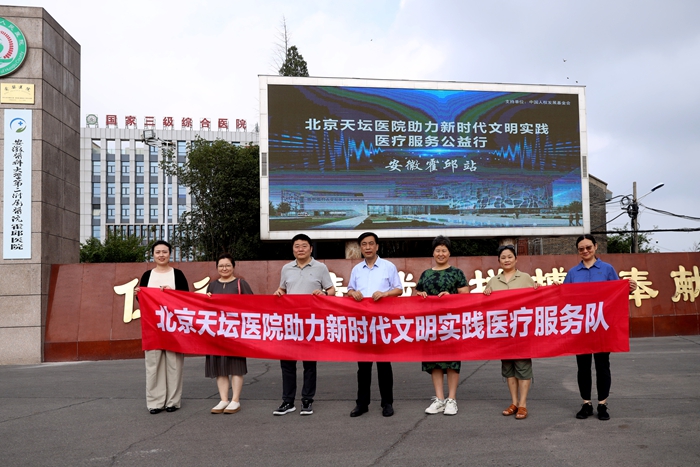


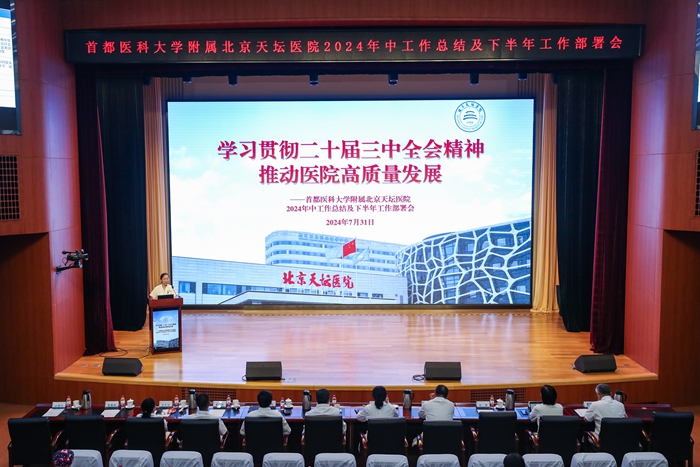


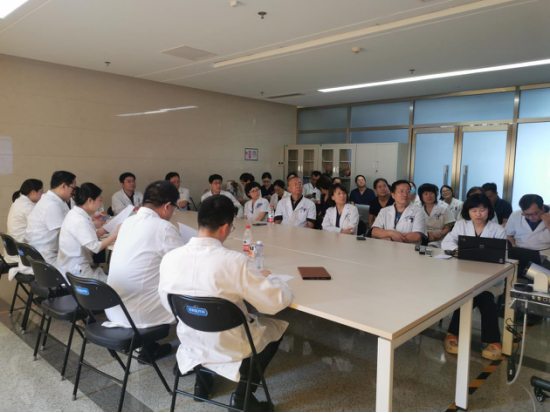



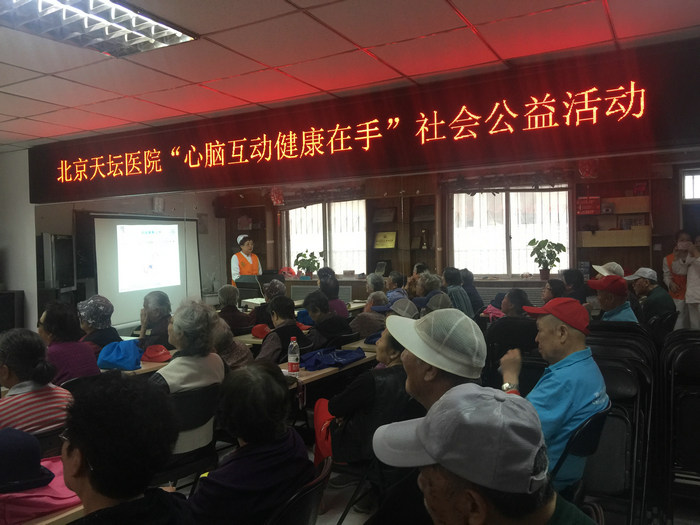
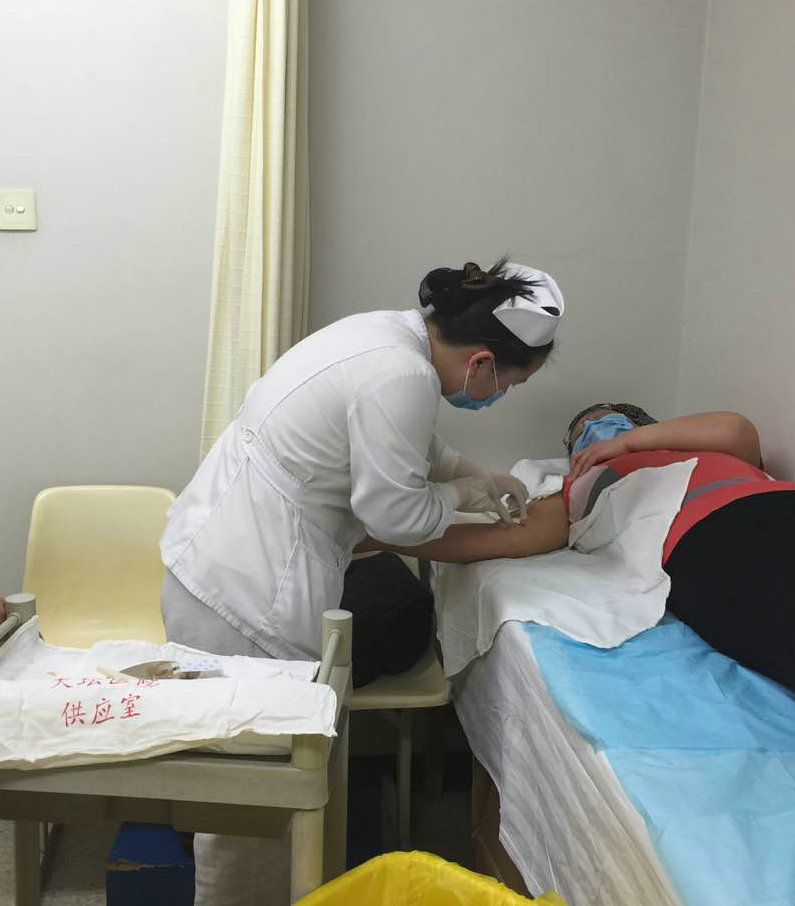
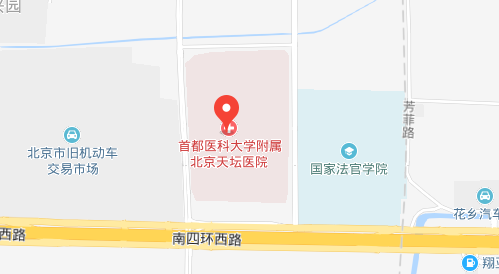



















 京公网安备111010602104056
京公网安备111010602104056